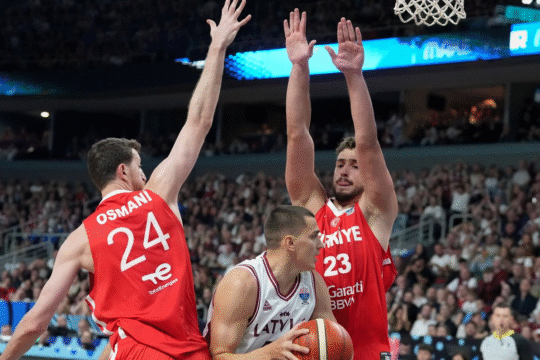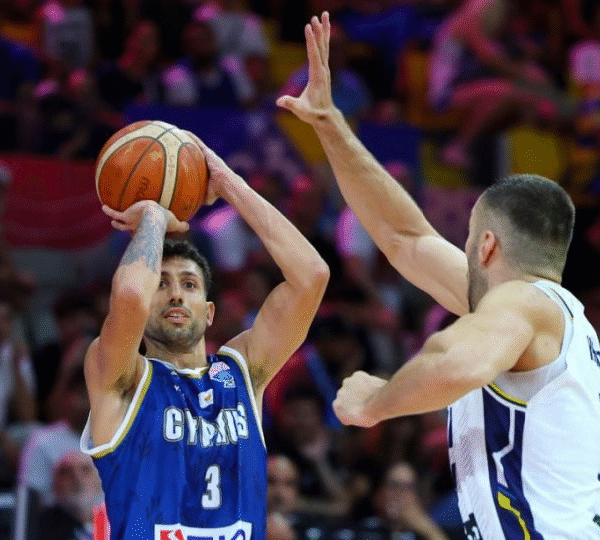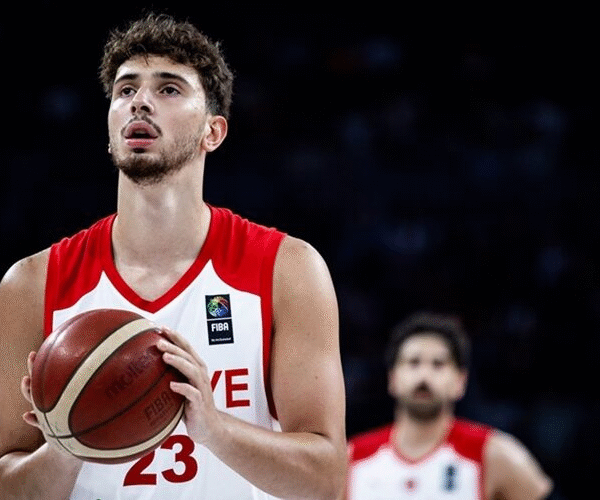Once the group phase wraps, EuroBasket 2025 consolidates in Riga for the knockout rounds. The competitive fabric hardens immediately: it’s single‑elimination from the Round of 16 onward, and game plans contract around late‑game sets, special teams and matchup hunting. Coaches shorten rotations, value timeouts as scoring tools, and prize lineups that can execute under pressure without fouling.
Scheduling density eases slightly, but scouting complexity increases, with opponent prep completed on tight turnarounds as brackets crystallize. Arena familiarity helps teams that played Group A in Riga, though the building transforms when neutral fans mix with traveling contingents from the other three groups. Free‑throw variance and end‑of‑clock shotmaking often decide these games as defensive schemes become more switchable and possessions slower.
For supporters planning to attend, the final week is a succession of high‑stakes doubleheaders culminating in medal games. For teams, it’s the moment to balance star usage and situational lineups, with an eye on two‑for‑one opportunities at quarter breaks and the chess of advancing the ball after timeouts. The margins narrow, the noise rises, and every detail becomes a separator.
The group phase runs from August 27 to September 4 across Riga (Group A), Tampere (Group B), Limassol (Group C) and Katowice (Group D). The Round of 16 is single-elimination on September 6–7, followed by quarterfinals on September 9–10, semifinals on September 12, and the final on September 14 in Riga. Twenty-four teams play five group games each, with the top four in every group advancing. These dates and the multi-host setup are defined by FIBA for EuroBasket 2025 and shape the tactical choices teams make during the first week.


